Premium Only Content
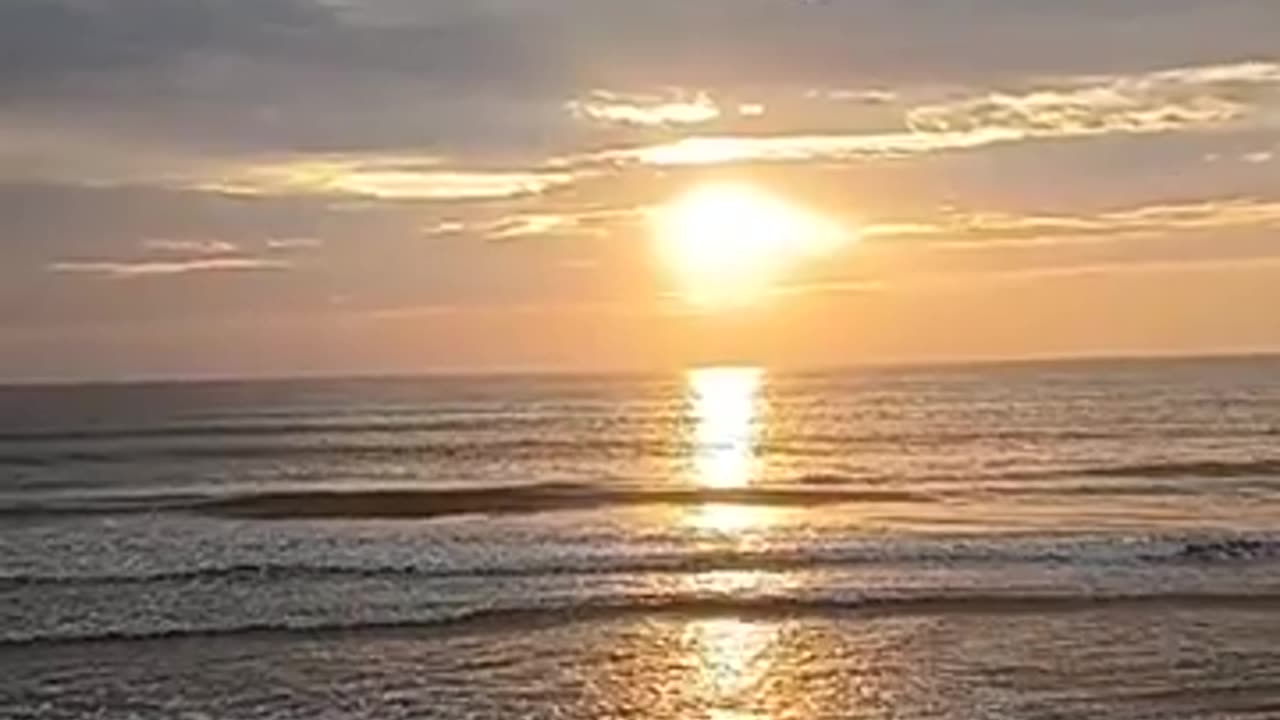
Sanctioned Ethnic Cleansing.
Sanctions
The Security Council can take action to maintain or restore international peace and security under Chapter VII of the United Nations Charter. Sanctions measures, under Article 41, encompass a broad range of enforcement options that do not involve the use of armed force. Since 1966, the Security Council has established 31 sanctions regimes, in Southern Rhodesia, South Africa, the Former Yugoslavia (2), Haiti (2), Angola, Liberia (3), Eritrea/Ethiopia, Rwanda, Sierra Leone, Côte d’Ivoire, Iran, Somalia/Eritrea, ISIL (Da’esh) and Al-Qaida, Iraq (2), Democratic Republic of the Congo, Sudan, Lebanon, Democratic People’s Republic of Korea, Libya (2), the Taliban, Guinea-Bissau, Central African Republic, Yemen, South Sudan and Mali.
Security Council sanctions have taken a number of different forms, in pursuit of a variety of goals. The measures have ranged from comprehensive economic and trade sanctions to more targeted measures such as arms embargoes, travel bans, and financial or commodity restrictions. The Security Council has applied sanctions to support peaceful transitions, deter non-constitutional changes, constrain terrorism, protect human rights and promote non-proliferation.
Sanctions do not operate, succeed or fail in a vacuum. The measures are most effective at maintaining or restoring international peace and security when applied as part of a comprehensive strategy encompassing peacekeeping, peacebuilding and peacemaking. Contrary to the assumption that sanctions are punitive, many regimes are designed to support governments and regions working towards peaceful transition. The Libyan and Guinea-Bissau sanctions regimes all exemplify this approach.
Today, there are 15 ongoing sanctions regimes which focus on supporting political settlement of conflicts, nuclear non-proliferation, and counter-terrorism. Each regime is administered by a sanctions committee chaired by a non-permanent member of the Security Council. There are 11 monitoring groups, teams and panels that support the work of 12 of the 15 sanctions committees.
The Council applies sanctions with ever-increasing cognisance of the rights of those targeted. In the 2005 World Summit declaration, the General Assembly called on the Security Council, with the support of the Secretary-General, to ensure that fair and clear procedures are in place for the imposition and lifting of sanctions measures. The establishment of a focal point for de-listing, and the Office of the Ombudsperson to the ISIL (Da'esh) & Al-Qaida Sanctions Committee are examples of this approach in practice.
-
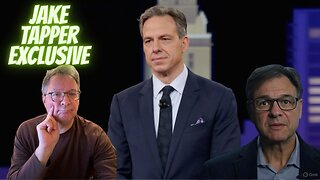 56:38
56:38
DeProgramShow
1 day agoDeprogram with Ted Rall and John Kiriakou: "Jake Tapper on the Global Hunt for an Al Qaeda Killer”
2.02K3 -
 1:43:07
1:43:07
The Michelle Moore Show
2 days ago'The 12 Open Doors' Guest, Steve Jarvis: The Michelle Moore Show (Oct 17, 2025)
9.72K10 -
 LIVE
LIVE
Lofi Girl
3 years agolofi hip hop radio 📚 - beats to relax/study to
97 watching -
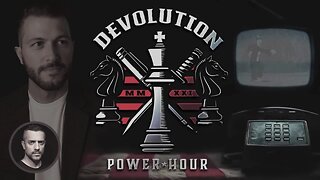 1:45:06
1:45:06
Badlands Media
22 hours agoDevolution Power Hour Ep. 399: No Kings, Antifa’s Collapse & Trump’s Year of Peace
271K79 -
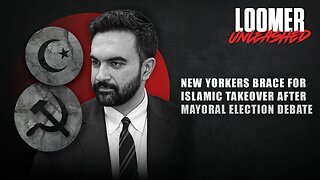 2:56:00
2:56:00
Laura Loomer
9 hours agoEP150: New Yorkers Brace For Islamic Takeover After Mayoral Election Debate
78.4K94 -
 1:35:37
1:35:37
Man in America
13 hours agoThe Forbidden Medicine of Light: Why is Big Pharma HIDING This From Us?
56.4K20 -
 2:35:13
2:35:13
BlackDiamondGunsandGear
6 hours agoAFTER HOURS ARMORY / BUILDING GUNS ARE ILLEGAL? / Marine Gun Builder RETURNS!!
19.6K3 -
 2:05:19
2:05:19
Damysus Gaming
7 hours agoARC Raiders - SERVER SLAM TIME!!!! LFG!!!
34.4K2 -
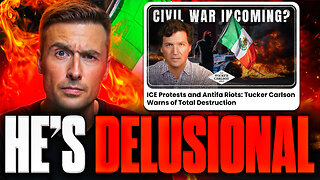 1:04:10
1:04:10
The Connect: With Johnny Mitchell
10 hours ago $6.06 earnedTucker Carlson's INSANE Take On Civil War In America, Calls For Fascism
25.1K50 -
 2:35:14
2:35:14
DLDAfterDark
8 hours ago $9.24 earnedThe Return of Marine Gun Builder? MGB, DLD, BDG&G After Hours Armory
29.7K3